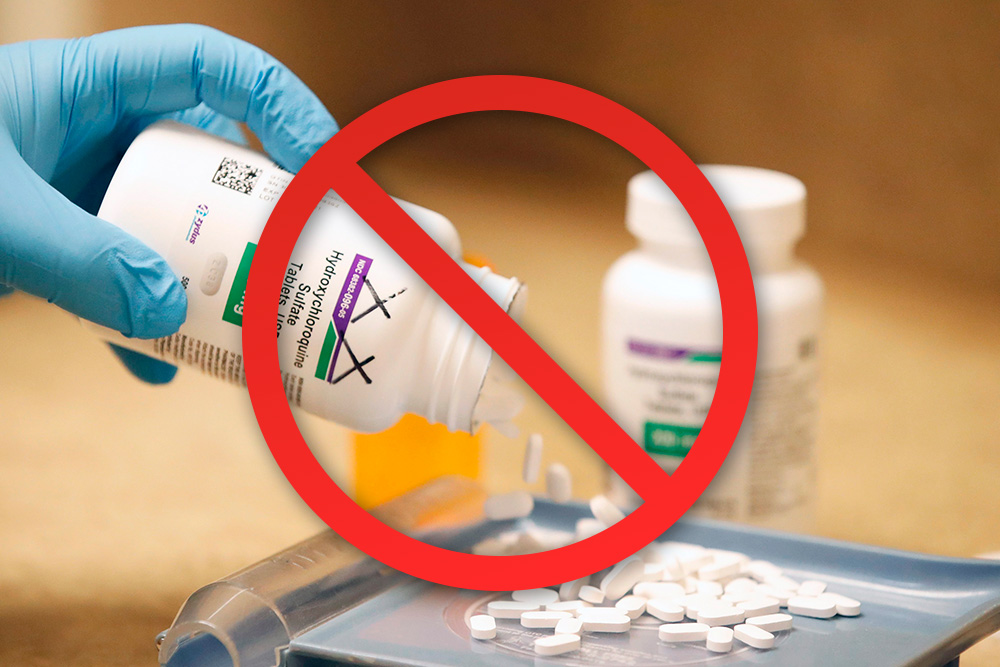Why You Shouldn’t Use Hydroxychloroquine or Drink Bleach for COVID-19: A Cardiologist’s Perspective
Last week, when President Trump stated he is taking hydroxychloroquine to prevent Coronavirus infection, a significant number of patients wondered if this was a good idea for them too. In short, NO, it is not.
Let me expound. While hydroxychloroquine has some theoretical benefit for COVID-19, the results of a recent study in The New England Journal of Medicine suggest the risk of death or ventilator use is NOT impacted by taking the drug. In other words, taking hydroxychloroquine does not cause a statistically significant impact on the severity of Coronavirus.
So, then why not just take hydroxychloroquine if it “may” help? Well, because patients who take hydroxychloroquine along with azithromycin (an antibiotic) have an increased risk of serious heart rhythm disturbance and even life-threatening arrhythmias. One specific rhythm problem called Torsades, or Torsades de Pointes, has a potentially fatal outcome of increasing the length of a segment of the EKG called the QT interval. This has been linked to an increased risk of cardiovascular death. The FDA, whose sole responsibility is to assure the safety and efficacy of drugs and medical devices, issued a safety warning regarding the use of hydroxychloroquine. The FDA cautions against using hydroxychloroquine, particularly in combination with azithromycin, outside of a hospital setting. In light of this, the American College of Cardiology and the Heart Rhythm Society issued a joint statement urging caution when using these drugs in patients with COVID-19.
And regarding bleach…you just should not drink any! Enough said.
Email me at texasc3.com if you would like further explanation. Also, let me know if there are any other burning Cardiovascular questions you would like me to answer. I would be happy to do so.
Stay safe and be well out there.






